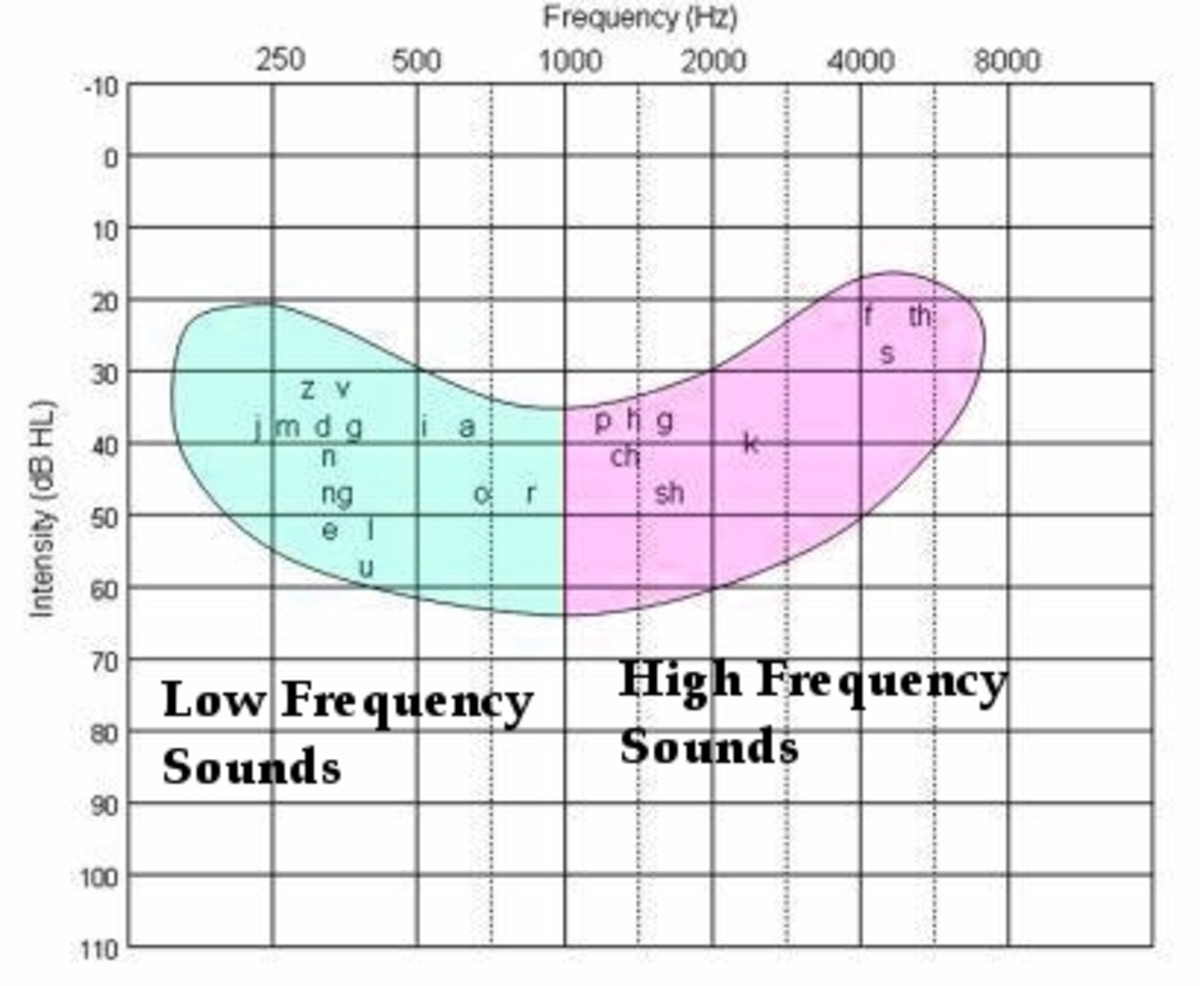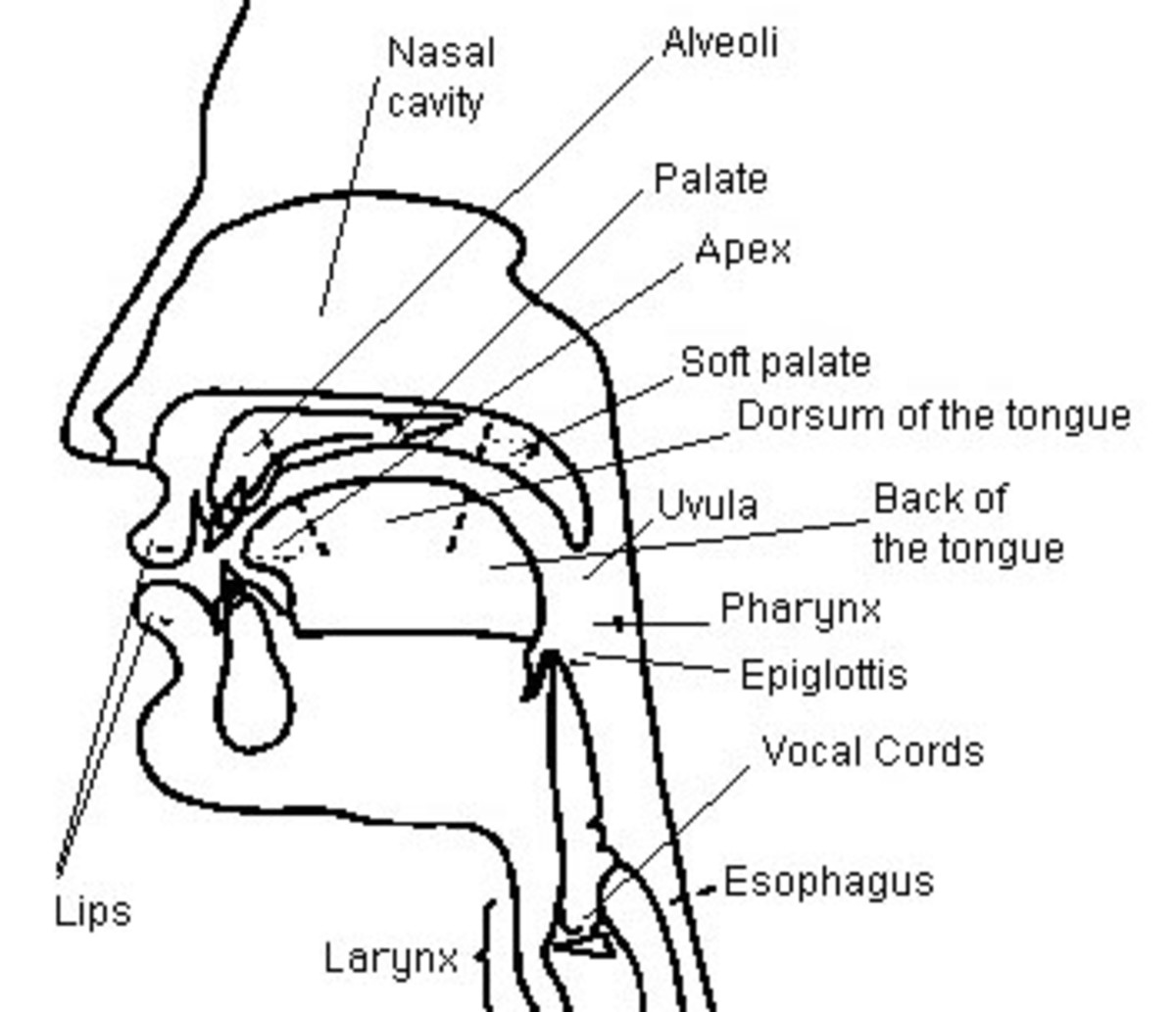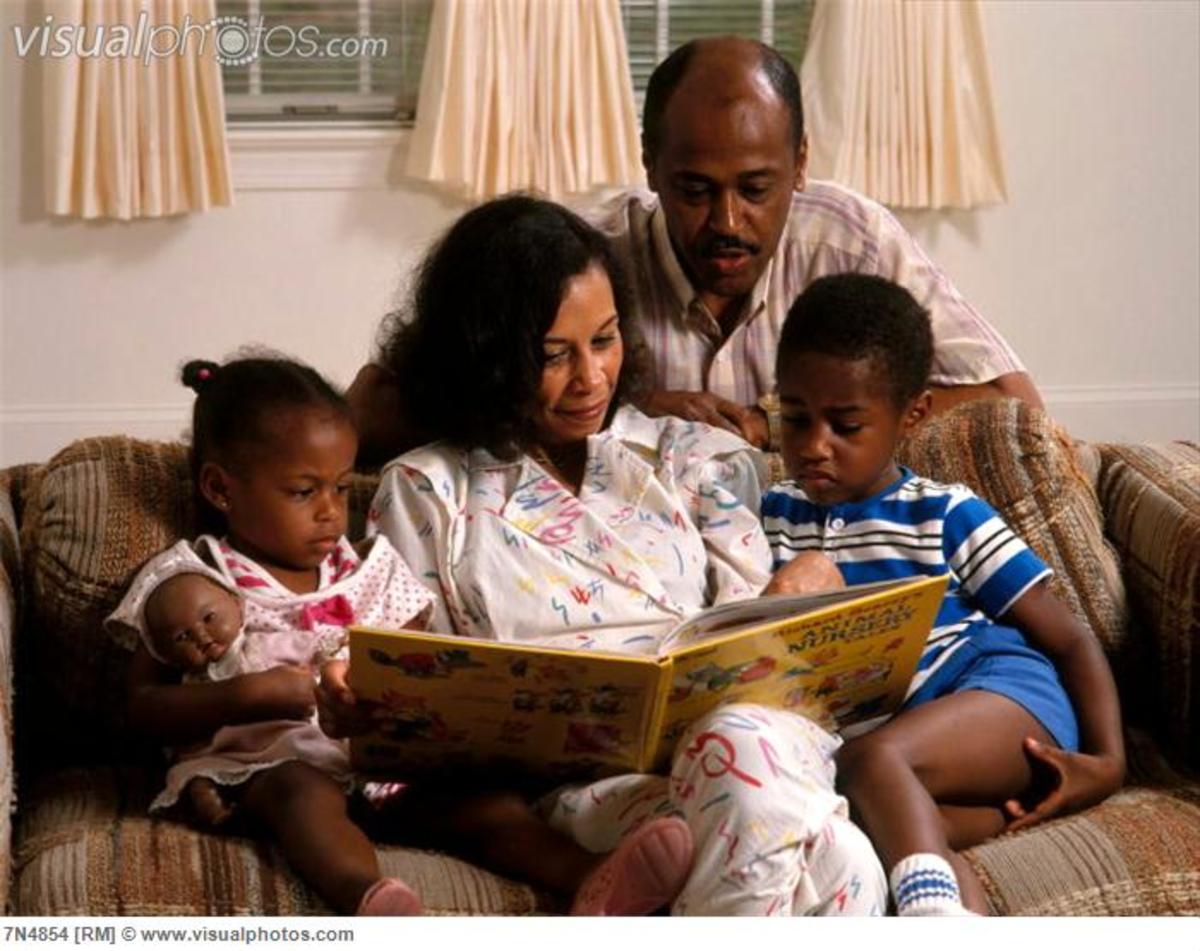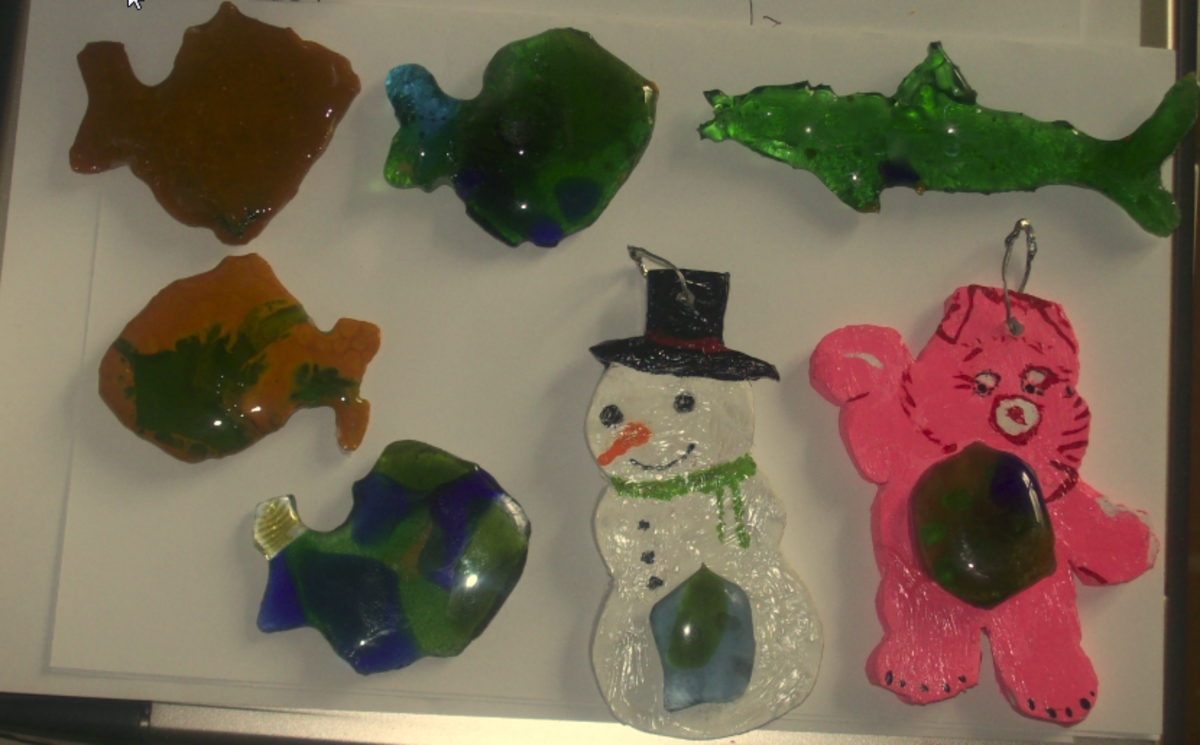Kids Speech Problems

Baby Talk
Children learn to speak at different periods of time. There is no fixed age at which a baby should start talking.
As with other segments of development like sitting, standing and walking, speech comes to different children at different ages. Most children, by the age of one year, can say simple words like 'mama', 'papa' etc., but many children acquire this skill much later.
Children who have complication speaking or hearing are normally unable to play smoothly with other children or to partake adequately in an ordinary classroom pursuits. Improving childrens' speech problems have always been gradual and frustrating.
The speech pathologists do one's best with children who have speech, language and voice difficulties emerging from brain injury, cleft-palate, mental obstacle, emotional difficulties or other reasons.
The Maturation Factors
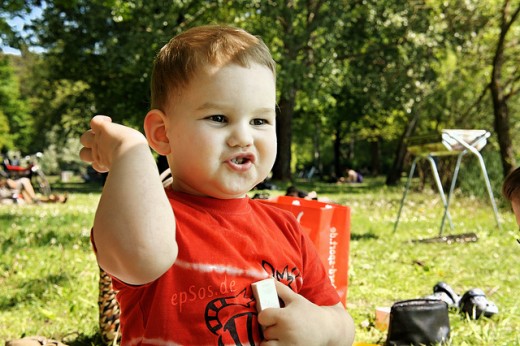
The dissimilarity in age when a child starts talking is because of maturation factors. If the parents do not afford proper speech motivation to the children at the right age, the child may not start taking for longtime. It may also be a matter of character.
A quiet child who is happy scrutinizing and playing with things may not feel the need to converse or speak, whereas another child who is more gregarious and friendly may like to communicate orally and will start talking early. Maturation can be an ancestral factor. Speech tends to develop later in twins as contrasted to singles.
The first child in the family learns to speak earlier then the succeeding children. Girls have a tendency to speak earlier than boys. If you push the child to talk when he is not ready for it, it will be destructive. Persuading or pushing the child builds up resistance and delays speech. A dejected or unsatisfied child will not be easy to communicate with.
Baby Talk
Baby talk is quite general in each and every family. Often parents enjoying it when their children talk in a babyish way. Between two and four years, baby talk is normal. It is during 3rd and 4th years that most speech disorders begin.
If your child continues with baby talk beyond the age of four years, then something should be done about it. Children who talk in a babyish way further than the age of four years may have high frequency deafness - they do not hear sounds like "s", "ch", "th", "f", "t" etc.
But most children are not deaf or retarded, they just have poor standards of models of speech at home or they have a poor sense of prejudice of sounds. For instance, a child will pronounce 'come to' as 'tam to'. Similarly, the sound 'th' will be pronounced as 'f'.
There are many such omissions, additions and distortions of sounds in a child's speech.
Talk to them normally.
When the child is very young- talk to him normally, not in baby talk. Many parents like to use babyish language when they talk to their children. This is not good. Set an example of good pronunciation yourself so that the child can go behind it, if you start baby talking yourself, you cannot be expecting the child to improve.
Do not make your baby feel delightful when he does indulge in baby talk. This appreciation gives him the feeling that he is doing something intelligent and he will continue to talk this way to please you.
Do not make him repeat a word if he has made a mistake, this will make him feel inferior and let down. It is better to provide a good example of speech provided the words used are within his sympathetic and understanding.
In front of a mirror, pronounce the sounds which he makes mistakes with and get the child to repeat them. Make it a game and do not make him inferior. Once he has mastered the accurate pronunciations of the faulty sounds, go on to simple words, using these same sounds.
Childrens' Speech Problems - Books From Amazon
Causes for Delayed Speech.
There are many reasons for delayed speech. It may be due to a low level of intelligence, or loss of hearing. Or it may be due to poor teaching, poignant problems or a bad environment. The completely deaf child will never learn to speak.
If the child is partly deaf, he will learn to speak but may take a long time. A child may have high frequency deafness in both ears. Such children can hear a passing car, a radio or a knocking door but would miss many words used in human speech.
A simple test is to call the child gently from behind or another room when he is not looking at you. When speech has not developed fairly well by three years of age, Doctor's help should be sought.
Children who have experienced severe illnesses or who have been severely under--nourished, may take some time to talk. Children who have a cleft palate, hare lip, or other imperfections related to speech will also have defective speech.
We have been brought up with the general idea that all speech problems are due to tongue-ties, and if that little structure below the tongue is snipped off, a miracle will happen. This is far from the truth.
The frenulum (ligament beneath the tongue) is short in a new-born baby and as he grows, it tends to lengthen. When it is very short and the child cannot move his tongue freely, people call it a tongue-tie. It was normally believed that if this tongue-tie was cut and the tongue released, the child would start talking. Now we know that this tongue-tie has nothing to do with the capability to talk.
Stammering
Stammering or stuttering is one of the most widespread speech problems in an older child. The Child hesitates, repeats, and prolongs a sound and finally gets out the word he wants to utter.
Many children hesitate, repeat, and prolong sounds, words or phrases when they first start talking. If no fuss or excessive attention is paid to it they will grow out of this habit by the time they are three or four, or may be a little later. Sometimes children do it because of anxiety and stress.
A severe scolding at home or at school, too much work, or severe illness, might also lead to faulty speech. Stammering tends to come from homes where there is excessive control and discipline, over-protection and perfectionism.
All these situations build up nervous tensions and anxiety. There is often a family history of stammering, perhaps a hereditary factor. Risk of stammering amongst first degree relatives is three or four times that in the general population. All these situations build up nervous tensions and anxiety.
Treatment for Stammering
Treatment for stammering typically consists of helping to alleviate any tension which is building up in the child. Make him feel sure and remove the cause of the anxiety. If you have been pushing him in his studies or in some other manner, alleviate the pressure on the child until he regains his self-confidence.
When the child speaks to you, listen to him tolerantly and do not try to hurry him. Some people have a habit of carrying out the word for a child, if he stammers. This does not help him in any way. Be patient and let the child take his own time while speaking.
Encourage him to read and narrate aloud and to sing. In the initial stages you may consult a psychologist. However, if stammering continues beyond four years of age, consult a speech therapist.
More About Childrens' Speech: Link/List
- When Should a Parent be Concerned?
Angela is a talkative seven-year-old with an endearing lisp. Even though her permanent front teeth have grown in, Angela still pronounces some words like she did when her baby teeth fell out. Her mother wonders if she should be concerned. - Children's Speech Problems
These difficulties can impact on relationships with family and friends, as well as educational performance. - Child Speech and Language
Children's speech and language development follows a typical pattern (see How Does Your Child Hear and Talk for more information). If you have concerns about your child's speech or language, consult a speech-language pathologist







